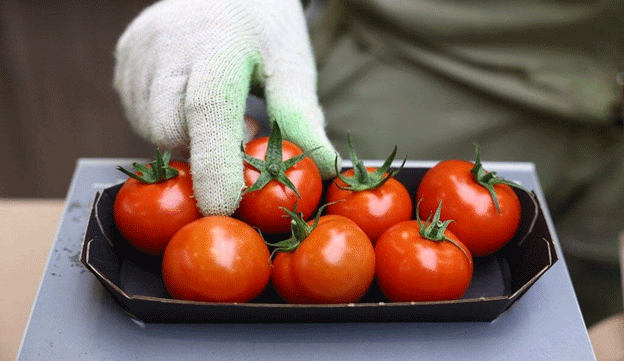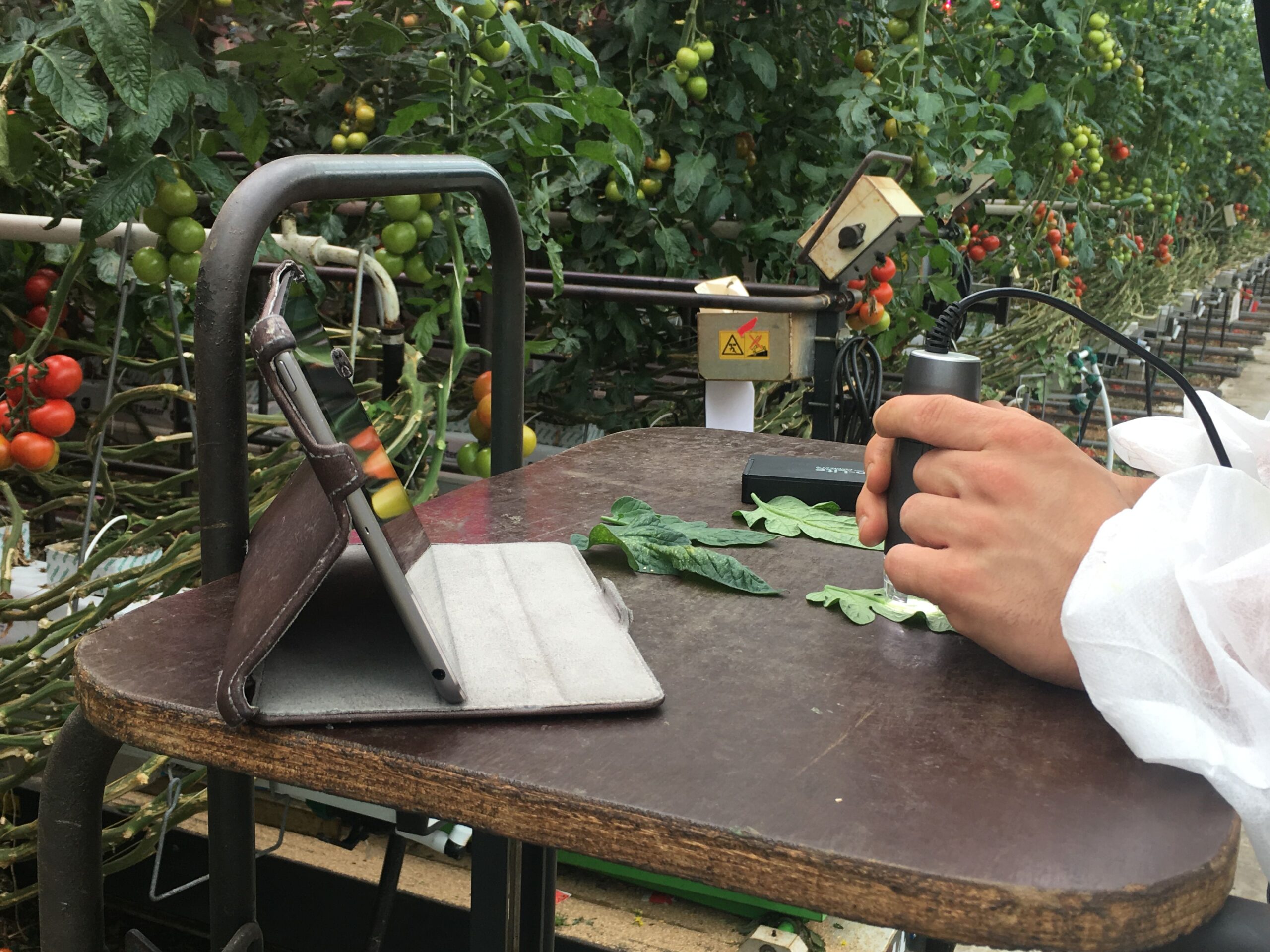The rapid development of protected cultivation in Russia is exemplified by the success of the Kedr greenhouse complex, located in the Ikryaninsky District of Astrakhan Region. This facility, launched as part of a regional modernization strategy, is already reshaping the local agricultural economy and influencing supply chains for tomatoes and cucumbers across the country.
In 2024, Kedr harvested an impressive 8,000 tonnes of vegetables, including 50 tonnes of cucumbers, which are currently supplied to the local market. However, tomatoes remain the primary crop: every day, 5 to 10 tonnes of tomatoes are shipped to major federal retail chains such as Magnit and Pyaterochka.
For 2025, the company has set a goal of producing up to 7,400 tonnes of ‘Merlis’ tomatoes, a high-yield hybrid known for its shelf life and transportability. Additionally, the complex is cultivating two other varieties: the traditional Baku ‘Heviozo’ tomatoes and experimental purple ‘TT-818’—the latter drawing attention for its potential antioxidant-rich profile and consumer appeal in niche markets.
According to recent national data, Russia’s total greenhouse vegetable production reached 1.64 million tonnes in 2023, with tomatoes accounting for over 36% of that volume. Astrakhan Region is emerging as a leader in this segment due to its investments in greenhouse infrastructure and logistics integration.
This momentum is powered in part by state support. In 2023, Kedr received approximately 23 million rubles in subsidies, with the region’s total funding for protected horticulture surpassing 1.3 billion rubles in 2024. These investments are tied to the national project “Technological Support for Food Security”, which aims to reduce import dependence and modernize food production systems across Russia.
Beyond crop yields, Kedr is also making a social and economic impact. The facility employs around 200 people, but workforce demands are rising. To support expansion—including the planned construction of a second 10-hectare greenhouse block—the complex is actively seeking both general labor and skilled specialists. Plans include building a dormitory for staff, especially for workers arriving from outside the region.
Moreover, Kedr serves as a practical training site for agricultural students, offering hands-on experience in greenhouse technology, crop management, and logistics.
The Kedr greenhouse complex demonstrates how regional investments, supported by national policy and local innovation, can elevate productivity, employment, and food supply resilience. As Russia continues to modernize its agri-food systems, facilities like Kedr will play a critical role in shaping a more self-reliant and technologically advanced agricultural sector.










